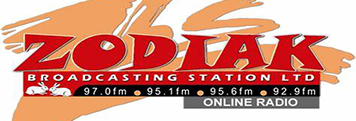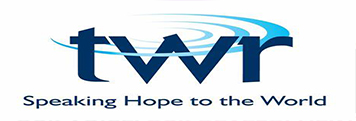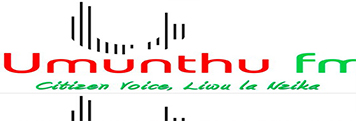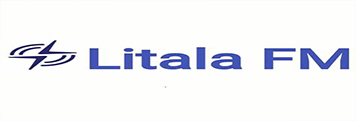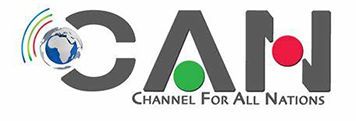On Friday, 28 February, Community Radio Station Managers were trained in Resource Mobilization, a session which concluded the two-day training on Governance and Resource Mobilization.
Trainer in Governance and Resource Mobilization Marcel Chisi, covered key topics on resource mobilization. These included strategies for identifying and securing various funding sources, such as grants, partnerships, media monetization, and community-driven initiatives. The participants also gained valuable skills in proposal writing, stakeholder engagement, and leveraging digital tools for fundraising efforts.
Trainer Marcel Chisi stated that community radio stations have numerous opportunities to generate resources both locally within their districts and nationally. This is due to their focus on promoting social development topics such as health, gender equality, environmental and natural resource management, and issues like child marriage. However, despite these opportunities, the stations are still facing stagnation.
He advised the participants to organize their systems and strategies, warning that failure to do so would hinder their ability to secure resources.
“It’s the whole process of ensuring first that the organization has all the relevant governance documents. These include systems, policies, procedures, and strategic plans. They should have resource strategies, but they should also have audits. If they don’t have these documents, even if they write proposals to any donor, they will tell them their organization is not ready,” he said.
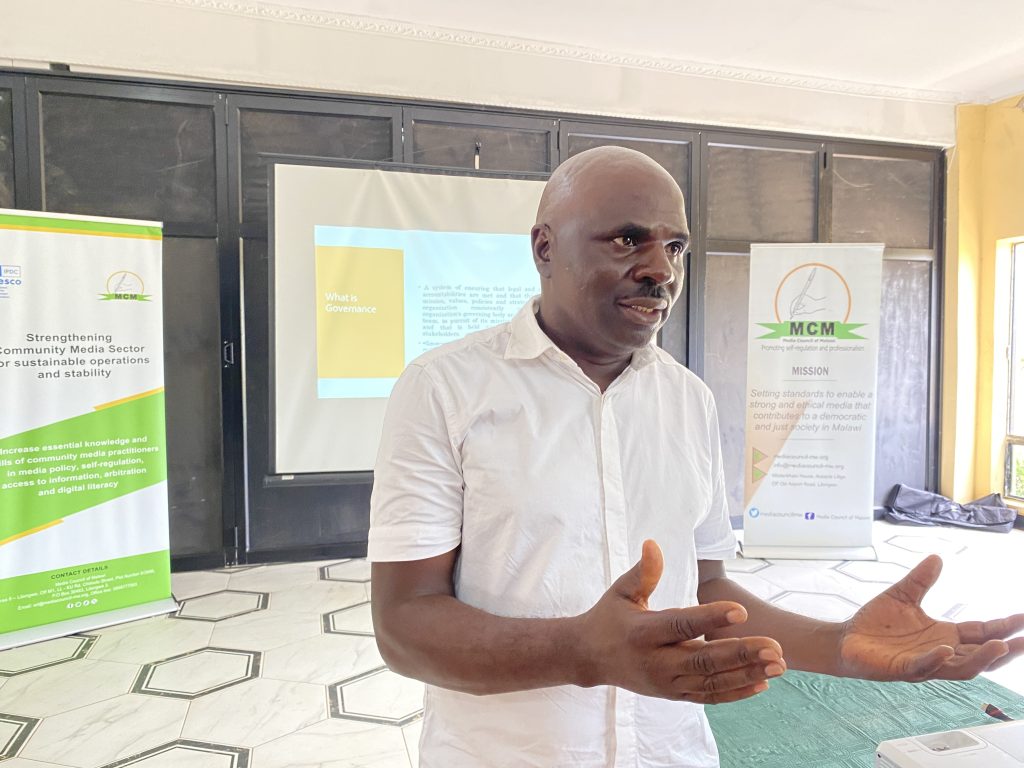
He also encouraged participants to work together through the Association of Community Radios (ACORA) to support struggling community radio stations. He believes that this collaboration will amplify their voices and help them attract more resources.
In her remarks, Sakina Majawa, Head of Programs at Chanco Radio and an Executive Member of ACORA, stated that the training will help them address existing gaps in their media houses by equipping them with skills on resource mobilization.
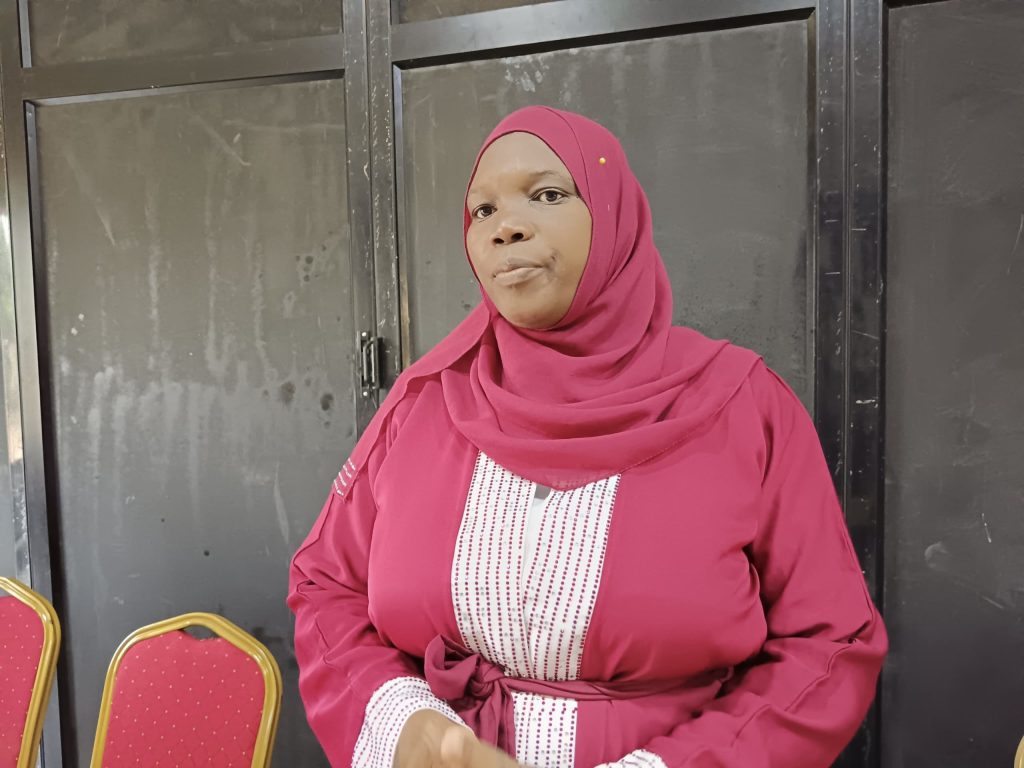
Majawa concurred with Chisi on the need for collaboration.
“When we collaborate, we will be able to share responsibilities and try to uplift other media houses which are lagging, so that all of us should move to a level that is more sustainable,” she said.
In his closing remarks, Media Council of Malawi Executive Director, Moses Kaufa reiterated his call on community radio station managers to start thinking strategically about how to manage their institutions and secure resources to sustain their operations in the absence of donors.
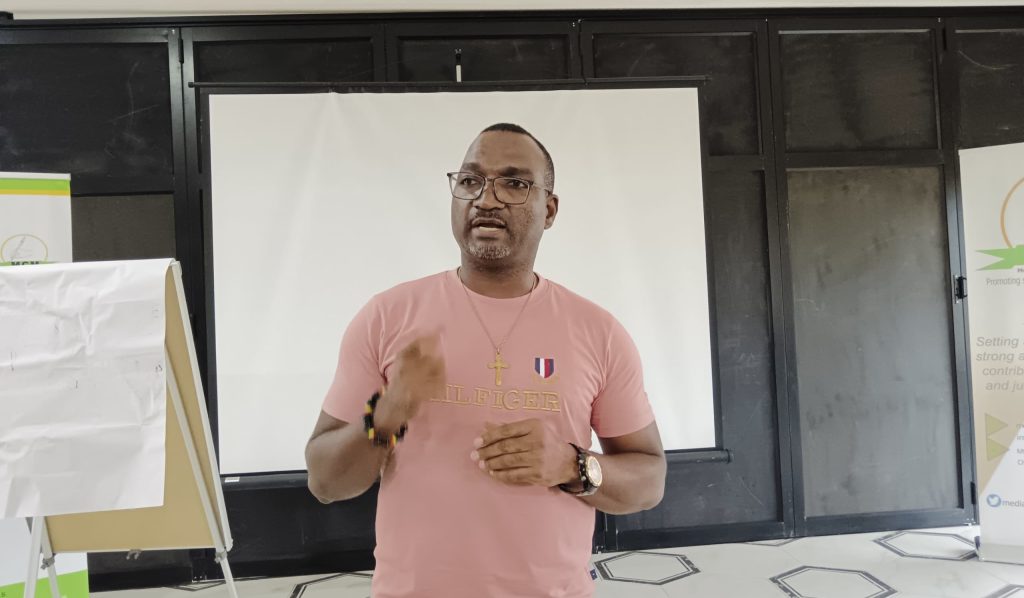
He also encouraged them to assess their capacity gaps and consider what steps they can take to move forward. Additionally, he emphasized that community radio stations need to be willing to invest in themselves if they want to establish strong policies and attract funding.
Kaufa says the council will keep monitoring how the community radios apply what they have learned.
The project is funded by UNESCO-IPDC.


